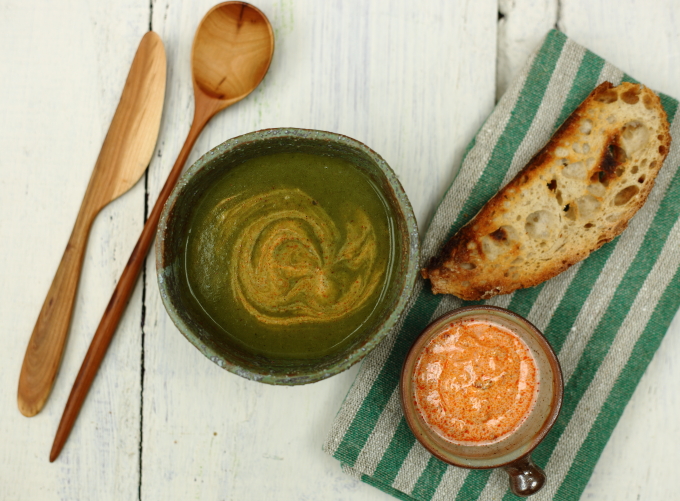Mad dogs in Mexico City were the first sign that inhaling polluted air might cause brain damage. Neuroscientist Lilian Calderón-Garcidueñas, noticed that elderly dogs living in heavily polluted areas often became confused, disoriented and unable to recognize their owners. She examined their brains (after they died, of course) and found greater quantities of amyloid b (the plaque associated with Alzheimer’s disease) than in the brains of dogs from less polluted cities.
Today, the UK Government launches its air quality strategy and I (despite owning a diesel car) hope it includes a bold strategy for phasing out diesel vehicles as quickly possible. A recent study from the University of Southern California suggests that 21% of dementia cases may be the result of air pollution, particularly the cumulative effects of long-term exposure. The culprits are miniscule particles of pollution, known as PM2.5. Scientists still don’t know how these pass into the brain, but once there they appear to exacerbate inflammation. It’s not only dementia that’s affected by air pollution. Cancer, asthma, strokes, heart disease, diabetes and obesity have all been linked to poor air quality. Want to see the level of pollution where you live? Go to https://airview.blueair.com/ and then click on the number in the top right-hand corner.
Last week I listened to a fascinating talk from Professor Michael Hornberger, in which he too cited air pollution as a factor in dementia. Hornberger is the Director of Ageing at the Norfolk and Suffolk Mental Health Trust and Professor of Applied Dementia Research at Norwich Medical School, and you can watch his talk here https://www.uea.ac.uk/events/whats-on/event-recordings. On the upside, Hornberger says we can all delay the onset of dementia by two years, simply through diet (omega-3s, flavonoids – see the nettle soup recipe below), physical and mental exercise.
But what can we do about our growing levels of air pollution? Firstly, we can sign the various petitions calling for cleaner air. For those of you in the UK, start with https://act.foe.co.uk/ditchdiesel and http://bit.ly/2p0O0Uu. That’s the easy bit …Now for something a little more challenging:
- Avoid driving your car – there’s evidence that people inside cars are more exposed to air pollution than cyclists and walkers because they’re constantly in the midst of pollution while cyclists and walkers weave in and out. Besides which, a study published in Preventative Medicine found that no matter how high the pollution levels, the health benefits of exercise almost always outweigh the problems caused by pollution.
- Stay away from pollution hot spots such as main roads and busy junctions. Stationery and slow-moving traffic are particularly polluting.
- If possible, avoid rush hour when pollution is often at its peak.
- If you cycle, run or walk as part of your commute, use back streets away from congestion. If you have to use arterial roads, walk on the far side of the pavement.
- If you have a lung or heart condition, reduce or avoid strenuous outdoor exercise on days when pollution is bad.
- If you absolutely have to drive, keep the windows closed and ensure your car’s air filters are regularly serviced.
- If you’re considering wearing a mask, bear in mind that most don’t yet filter out the PM2.5 particles associated with dementia. Read more about masks at http://bit.ly/2pJxG7A
- Lastly, if you’re living or working in a big city, see if there’s a clean air App and download it. These Apps identify areas of high pollution and suggest alternative routes. For something more sophisticated, you might want to invest in a Personal Air Pollution Smart Sensor that tracks the pollution wherever you are. You can buy the CleanSpace Tag at https://store.clean.space/. My husband, who walks seven miles through Central London every day, carries this in his pocket at all times, adjusting his route accordingly.
It’s the time of year when I like to collect nettles. I’ve written about nettles on Kale & Cocoa before, but this year I’ve been making a slightly less ‘green’ soup. Nettles are rich in iron, calcium and the flavonoids that Prof. Hornberger says could delay dementia. Wearing rubber gloves, pick the top few leaves before the nettles start flowering. Avoid picking from the side of roads.
This soup is very forgiving. Add more or less of the vegetables, as you please, and by all means include any other root or leaf vegetables you have lying around.
VEGETABLE AND NETTLE SOUP (serves 6)
- 1 tbsp olive oil
- 3 Carrots, scrubbed and roughly chopped
- 3 potatoes, scrubbed and roughly chopped
- 4 sticks celery, chopped
- 4 onions or leeks, chopped
- As many nettles as you like (the more nettles, the more ‘green’ it will taste. I normally use half a carrier bag), rinsed.
- Vegetable stock
- Harissa and yogurt to serve (optional)
Saute the carrots, potatoes, celery and onions in a tbsp. olive oil for 5-10 mins.
Add 1 litre of vegetable stock (I use Marigold) and cook for a further 15 minutes until the carrots are soft. Add the nettles and simmer for a further 10 minutes.
Blend and season to taste.
I like to serve this with a yogurt-harissa mix, made by stirring 3 tsps harissa into 3 tbsp plain yogurt. Swirl this into the soup for a touch of heat and spice.
Annabel



So glad someone else is consuming nettles. Nature’s gift…
This is a good read on how air pollution impacts health https://agewellproject.com/clean-air-matters-vegetable-nettle-soup/
So tired of all this pollution. Puts me off picking nettles in the park. Recipe looks intriguing though…
Yes, it’s frightening but do try the soup.
I love nettle soup but all this pollution is awful all the time
I’m glad I live in the country so my nettles are unpolluted! Must be hard on those townies… for once its the yokels who win.
Indeed, Tania. Although some of the London parks are fairly clean (we’ll have you know!).